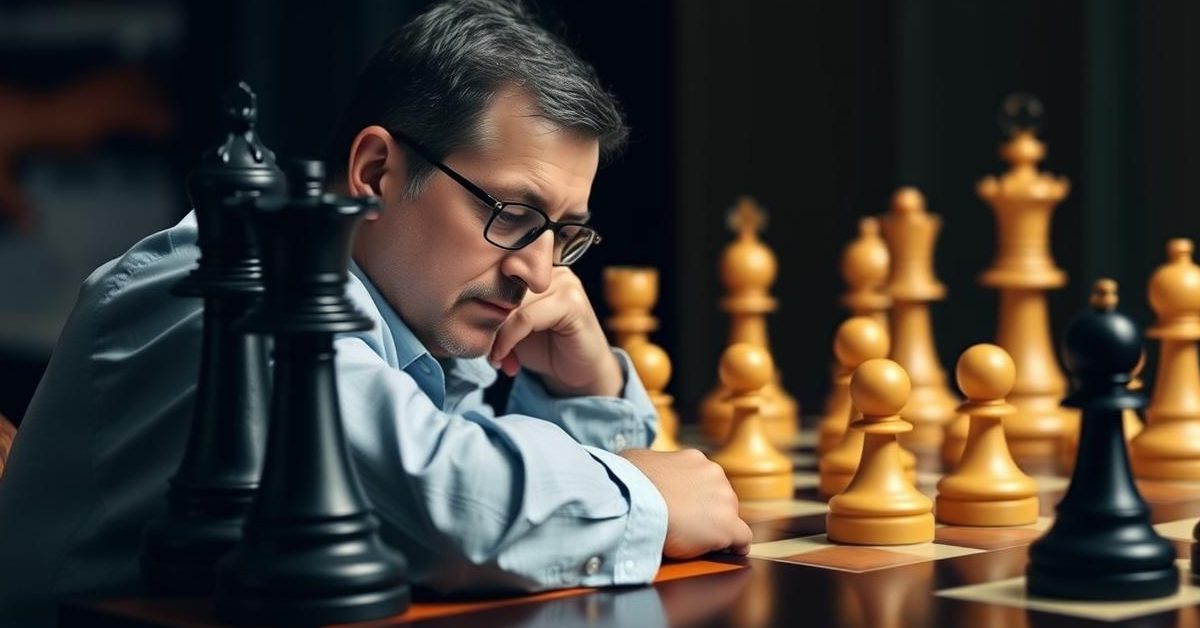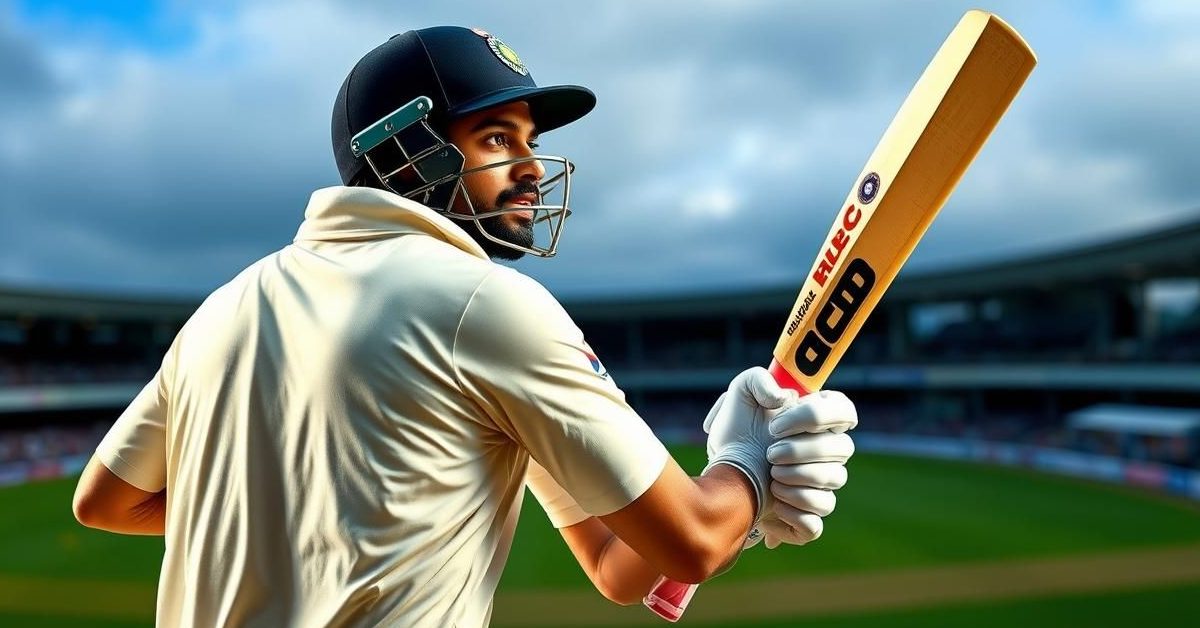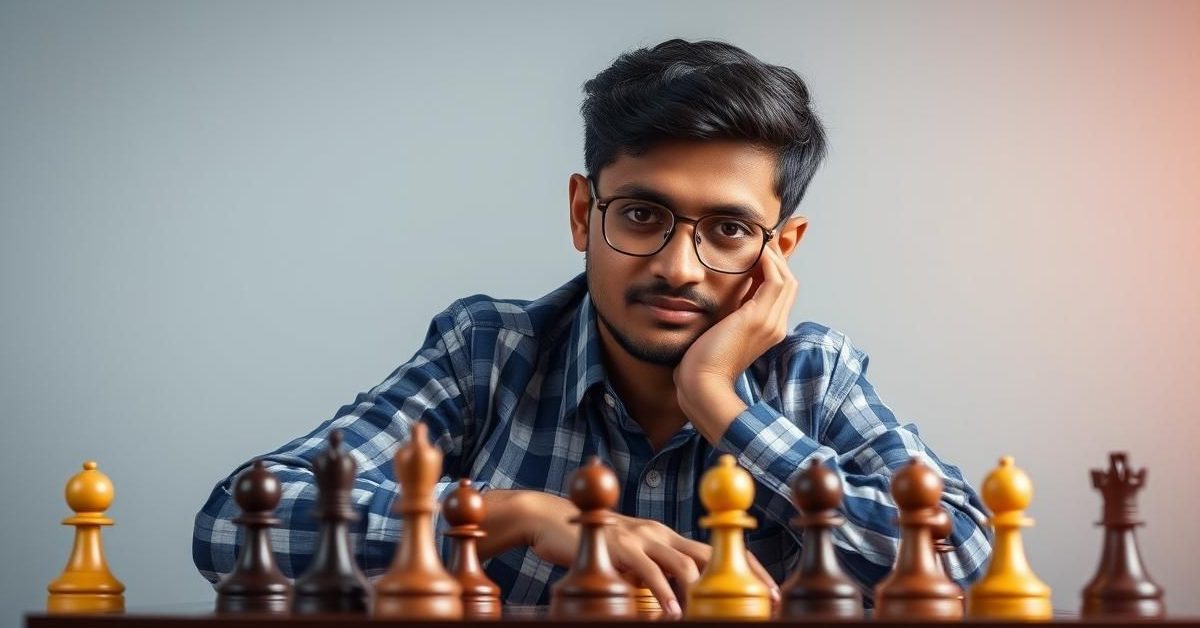The hallowed halls of professional chess have once again been rattled by accusations of impropriety, specifically concerning the thorny issue of cheating in online play. This time, a familiar figure, former World Champion Vladimir Kramnik, stands at the heart of the storm, not just alleging misconduct but escalating matters into the legal arena. This unfolding drama diverges significantly from the widely publicized clash between Magnus Carlsen and Hans Niemann, where Niemann sued Carlsen for implying he cheated. Here, it is Kramnik himself who is both the accuser and the plaintiff, initiating legal proceedings against Grandmaster David Navara.
This lawsuit marks Kramnik’s latest, and arguably most audacious, maneuver in his self-appointed crusade against online chess cheating. For the past several years, the Russian legend has dedicated considerable intellectual energy and public platform – notably his X (formerly Twitter) account – to meticulously analyzing game data. He frequently posts his findings, suggesting anomalies in the performance of various grandmasters that, to him, point to nefarious activities. However, this fervent dedication has, so far, garnered him little public support within the chess community.
An Emotional Plea From a Fellow Grandmaster
Amidst the escalating tension, an emotional appeal recently emerged from Grandmaster Levon Aronian, a figure known for his warmth and diplomacy. Aronian, who affectionately refers to Kramnik as his “chess parent,” has penned multiple heartfelt posts on X, each meticulously crafted with the delicate tact one might expect from a seasoned negotiator attempting to de-escalate a tense situation.
“Volodya, my friend,” Aronian implored, using Kramnik’s Slavic diminutive. “Perhaps my letter will seem disrespectful and inappropriate to you. But my goal is one. Let’s reduce the intensity of passions.” He continued, delivering a poignant observation: “You think you’re saving chess from cheaters. But most of us see you as the guy with the hammer who thinks everything is a nail.” This striking analogy perfectly encapsulates the chess world’s current perception of Kramnik’s unwavering stance.
Aronian’s open letters explored various avenues to reach his former mentor. He lauded Kramnik’s immense stature as a champion, suggesting that his valuable time would be better spent on profound chess analysis rather than dissecting the games of lesser players – “the king of beasts is engaged in catching mice,” he lamented. Aronian also gently reminded Kramnik of his own past ordeal: the infamous “Toiletgate” scandal during the 2006 World Championship match against Veselin Topalov, where Kramnik himself faced unsubstantiated cheating allegations for his frequent restroom breaks.
The Armenian Grandmaster further emphasized the familial bond within the chess world, arguing that legal disputes among its members are counterproductive. He concluded by stressing that virtually no one close to Kramnik in the professional sphere supports his current trajectory, expressing a desire for Kramnik to remember his true legacy.
Kramnik’s Revolutionary Chess Legacy
Aronian’s heartfelt words also touched upon Kramnik’s profound impact on the game, hailing him as the “biggest revolutionary when it comes to chess… who challenged every single dogma.” This sentiment resonates deeply with chess enthusiasts of a certain era, who remember Kramnik for his paradigm-shifting approach.
Indeed, it was Kramnik who, at the 2000 World Championship, breathed new life into the seemingly forgotten Berlin Defense, transforming it into an impenetrable fortress against Garry Kasparov, then the reigning world champion. Kasparov, renowned for his aggressive, bulldozing style, found himself utterly neutralized, unable to secure a single victory against Kramnik’s rock-solid defense. Kramnik truly was the immovable object confronting Kasparov’s seemingly unstoppable force, capable of flustering even the most intimidating figure in the sport.
An Independent Mind: Built Differently
From his earliest days on the global stage, Vladimir Kramnik exhibited a distinctly independent spirit. When he first emerged at the Manila Olympiad in 1992, with his long hair, spectacles, and tucked-in shirt, the tall Russian presented a unique image – almost like a rockstar playfully masquerading as a laboratory scientist. In stark contrast to his predecessor, Kasparov, who might roar to a match in a luxury car, Kramnik seemed the type to prefer public transport. He was consistently outspoken, an original thinker who never shied away from challenging conventions, even if it meant alienating others. The allure of fame or wealth, typical trappings of a world champion, never seemed to sway him. His public image simply wasn’t a concern.
“For me, what I think of myself is more important than what society thinks,” Kramnik famously articulated to the editor of New In Chess magazine before his 2000 clash with Kasparov. “That may sound arrogant, but I have my own views and don’t care about the views of the public. My approach to chess is different. For most other chess players, chess is purely a sport, for me, it’s more of a scientific activity.”
This unwavering conviction, this profound indifference to external validation, was precisely what allowed him to withstand the immense pressure of the “Toiletgate” scandal in 2006, when Topalov’s team tried to cast doubt on his integrity. And it is this very trait that emboldens him today to relentlessly pursue his allegations of online cheating, even in the face of widespread skepticism and disagreement from the global chess community.
The 2000 World Championship against his former mentor, Garry Kasparov, cemented Kramnik’s place in history. He wasn’t merely Kasparov’s adversary; he was his kryptonite. Kramnik possessed the unique ability to defeat the legendary Russian, who had once coached him at the esteemed Botvinnik-Kasparov School, and then dismiss it as an ordinary occurrence. For him, a victory over Kasparov was not some monumental achievement to be savored.
“It has always surprised me when people get so hung up about a victory over Kasparov,” he remarked to New in Chess at just 21, long before he became world champion. “Then it seems as if it happened by accident. I don’t believe I defeated Kasparov by accident. The idea that Kasparov is so exceptional is a myth created by journalists.”
In that same revealing interview, Kramnik unleashed a series of critiques, from lamenting the increasing commercialization of chess to decrying the “substandard” play of his generation. He even controversially claimed he wasn’t a truly “good” player, but simply better than others. These comments echo his more recent, widely criticized assessments of young talents like India’s D. Gukesh and China’s Ding Liren during last year’s World Championship. For Kramnik, these sharp evaluations likely stem from the impossibly high standards he set for himself throughout his own illustrious career.
Ironically, just a few years after decrying chess’s commercial shift, Kramnik found himself competing in the 2000 World Championship with a staggering $2 million prize fund. His response? The 24-year-old declared he would have played for free, underscoring his philosophical detachment from financial incentives.
Later in his career, during his 2004 title defense against Peter Leko, Kramnik faced criticism for a series of short draws. When challenged that fans desired more captivating chess, he famously retorted: “A painter never asks people what they want to see. He just paints.”
This statement beautifully encapsulates Kramnik’s essence. Whether through his unconventional chess strategies or his outspoken convictions, he has never played to the gallery. The world may perceive him as a man wielding a hammer, determined to strike every perceived nail. Yet, for Vladimir Kramnik, there is simply no diminishing the intensity of his deeply held passions.










